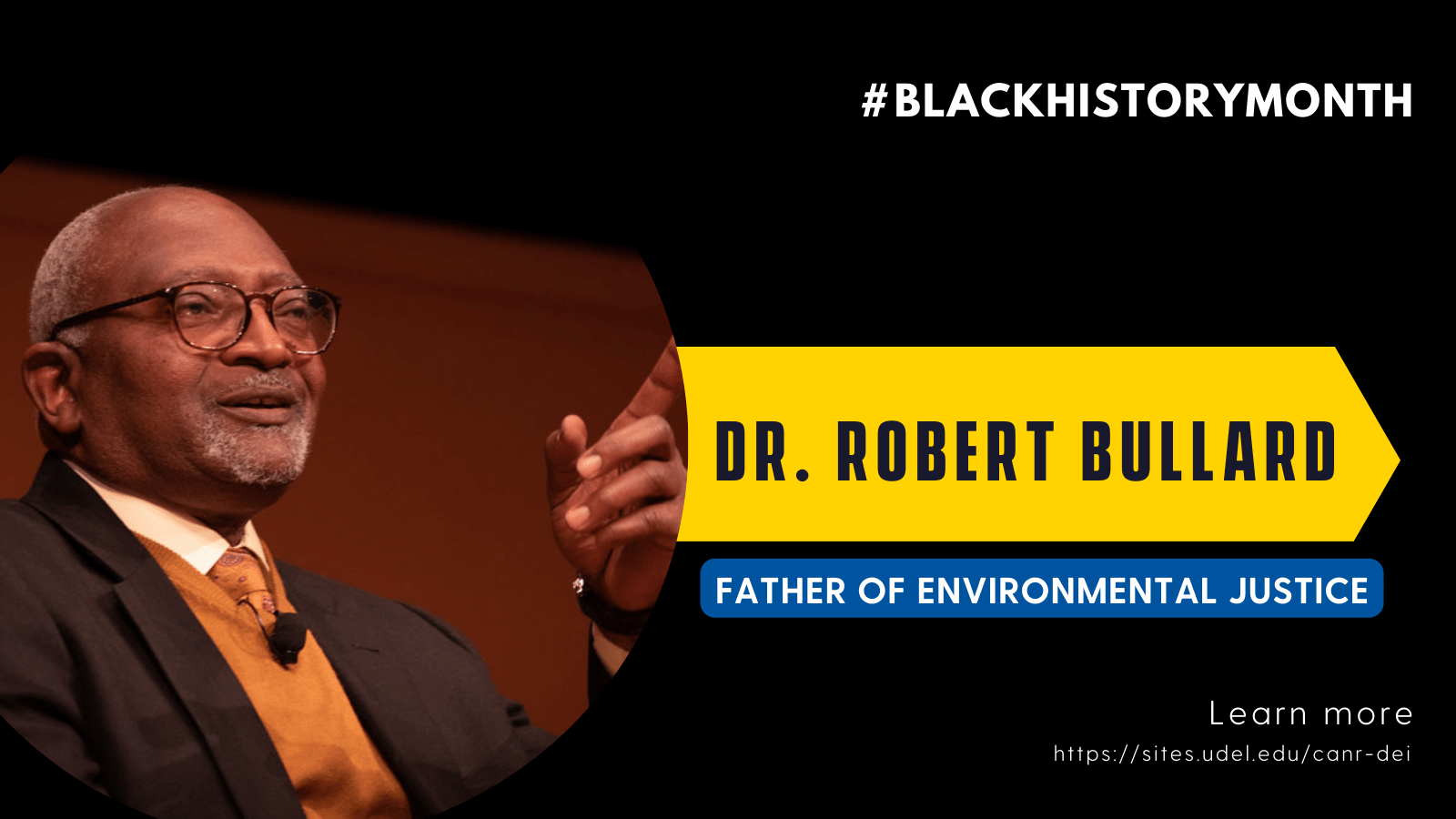Dr. Booker T. Whatley grew up seeing the number of black farms declining and the remaining ones struggling to compete with industrialized agriculture. Whatley was an advocate for regenerative agriculture, among other environmentalist practices. At the height of the civil rights movement, he began counseling the Black farmers who were deeply engaged in that struggle.
This led him to pursue a degree in agricultural studies at Alabama A&M University, gaining knowledge that helped him serve in the Korean War where he operated a 55-acre hydroponic farm to provide food for the troops. Upon his return from the war he got his doctorate in horticulture and became a professor at Tuskegee University.
Whatley introduced the concept of “clientele membership clubs” in the 1960s to help struggling Black farmers, who often were denied the loans and grants afforded to their white counterparts. The farmers would sell pre-paid boxes of their crops at the beginning of the season to ensure a guaranteed income. In many instances, customers would harvest their shares themselves, which saved on labor costs.
Today’s Community Supported Agriculture (CSAs) and U-Pick farming enterprises grew directly from Whatley’s ideas, as, it can be argued, did the farm-to-table and eat-local movements.
In June 2021, the Kellogg Company created a series honoring food pioneers and featured Dr. Whatley in this series.



